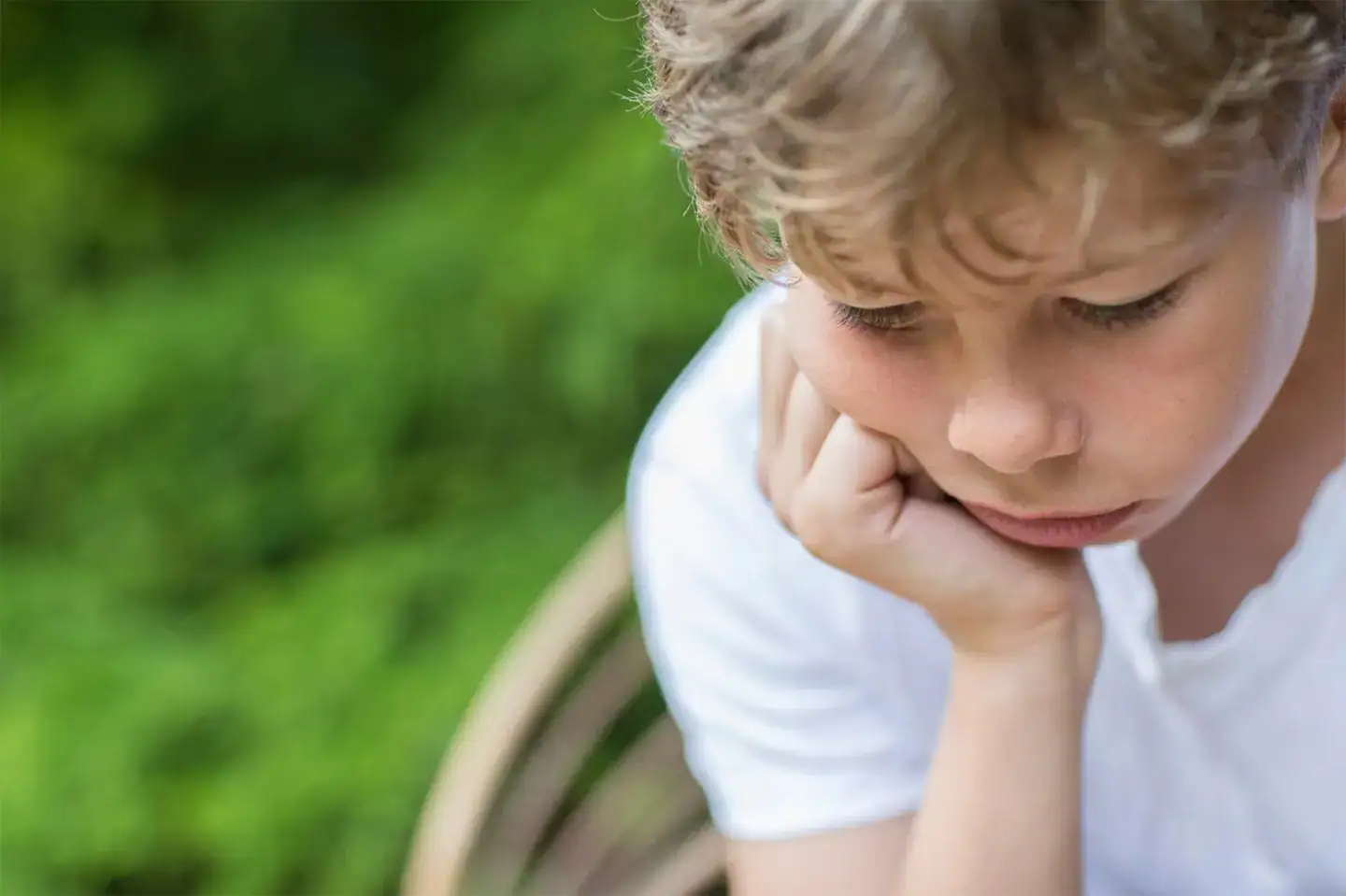Have you noticed a sense of worry when you hear about climate change? People around the world feel uneasy about the changing climate; local flooding, heavy rains, and warmer winters are reminders of how the climate crisis affects our daily lives. Did you know that this distress has a name? It is called eco-anxiety. This guide will help you understand this growing phenomenon and provide strategies for managing it.
Understanding Eco-Anxiety in Everyday Life
What Is Eco-Anxiety?
The American Psychological Association defines eco-anxiety as a chronic fear of environmental doom. It is not a formal mental health disorder but a real emotional response. This distress shows up as worry, stress, or even physical tension when thinking about the impacts of climate change.
Eco-Anxiety vs. Climate Anxiety
The term “eco-anxiety” is broad. It includes fear about ecological crises, environmental change, and the future. “Climate-related stress” is more focused. It centers on the distress caused by climate change. People in Chicago may worry about rising water levels in Lake Michigan or the effects of extreme heat. Both terms describe emotional responses to climate change, and both can affect mental health and well-being.
Signs and Symptoms of This Emotional Distress
People experiencing this anxiety may feel restless, have trouble sleeping, or avoid news about climate change. Others may feel helpless or withdrawn. In Clarendon Hills, some residents feel heightened distress during storm season or when extreme weather disrupts daily life.
Why Clarendon Hills Residents Are Feeling This Way
Climate Change Impacts in the Midwest
The Midwest is no stranger to climate change impacts. Illinois has faced heavier rains and more floods in recent years. Warmer winters throw off seasonal patterns, while summer heat waves strain local communities. These changes bring both health impacts and emotional stress.
Environmental Anxiety in a Community Setting
Local families and schools are becoming increasingly aware of the impacts of climate change on kids. Most children are forced to learn about environmental change early, which can spark climate anxiety in young, developing children. As a result, parents are hearing their kids talk about their fear of environmental doom. Youth climate activism is growing in nearby Chicago schools and universities. This awareness is positive but can also increase feelings of eco-anxiety.
Coping Strategies for Your Emotional Response To Climate Change
Build Personal Resilience
Anxiety about the environment is not a weakness. It is a natural reaction. Still, there are ways to cope. Mindfulness practices help reduce distress. Spending time in nature can ease feelings of concern. We suggest short walks outdoors to improve the mood and overall perspective of those suffering from this anxiety.
Take Sustainable Action
Taking action reduces helplessness. Small steps do make a difference. Composting, recycling, and using less energy can create a solid sense of control. Families can join Clarendon Hills recycling events or DuPage County sustainability programs to assist with this venture. The idea is to embrace sustainable ways of living to transform fear into purpose.
Seek Support From a Mental Health Professional
If the weight of these concerns feels too overwhelming, counseling can help. Therapy can provide coping skills and reduce distress tied to the climate crisis. Talking with a licensed mental health professional offers support and tools. At Petrohilos & Associates Counseling, clients work on these issues in a safe and confidential space.

Discussing Environmental Concerns with Children and Young People
Environmental Distress in Children
Children and young people are the most vulnerable to climate anxiety. Studies such as the Hogg Eco-Anxiety Scale show that youth truly feel deep concern about the climate crisis. In local schools, some students may be worrying about the consequences of climate change on the future they are busy preparing for.
Supporting Kids Through Their Worries
Parents can help children by listening and talking openly about their concerns. Encourage kids to share their feelings about climate change. Guide them toward positive climate action, like school projects or local nature clubs. Building awareness about climate change while fostering hope helps reduce distress.
How Counseling Can Help
Talking About Anxiety With a Professional
Therapy creates a safe space to talk about anxiety without judgment. Clients can explore feelings related to climate change and understand the phenomenon of eco-anxiety. Talking about anxiety helps normalize the experience and reduces feelings of isolation.
Practical Tools From Therapy
Counselors provide tools to cope with this environmental distress. This includes stress management, grounding practices, and strategies for building resilience. Therapy supports individuals, couples, and families in Clarendon Hills as they respond to climate change.
Moving Forward With Hope and Resilience
Eco-anxiety is a real and valid response to a changing climate. It can feel heavy, but it does not need to control your life. Residents in Clarendon Hills and the Chicago suburbs can find balance with professional counseling. Taking action and seeking support can reduce worry and build resilience. If these environmental concerns affect you or your family, schedule a session with our licensed professionals today.
